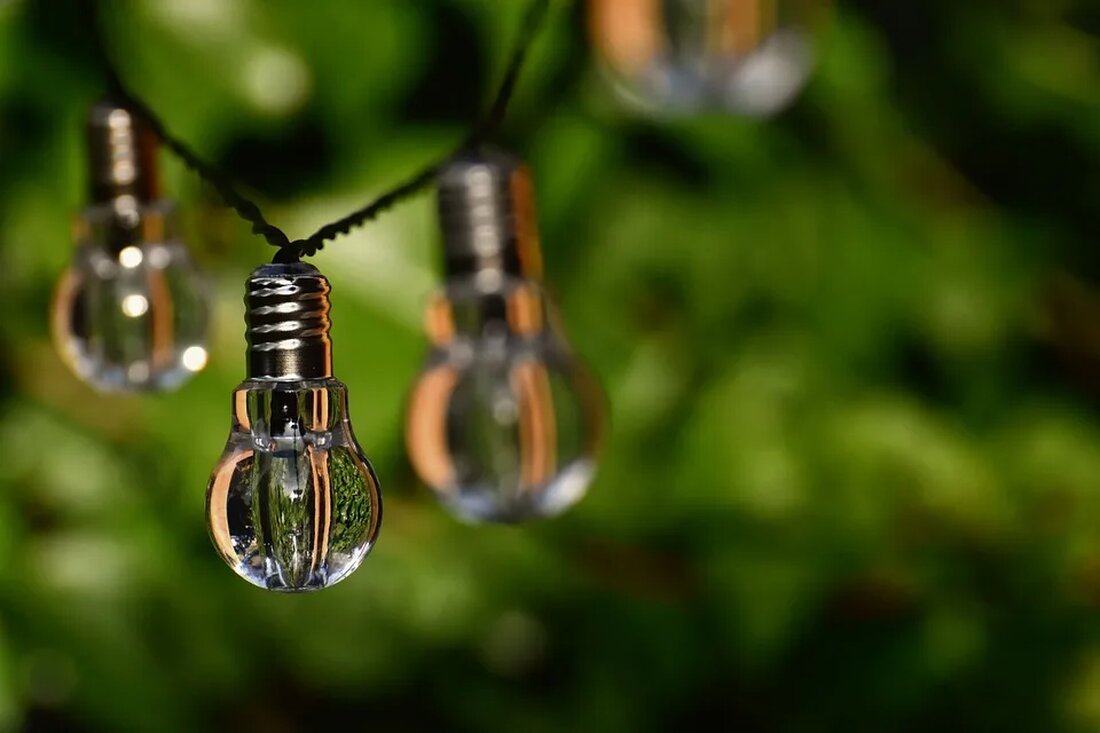Sustainable energy in developing countries
: Sustainable Energy in Developing Countries In a world driven by technological advances and a growing population, the demand for energy is constantly increasing. Developing countries, home to a large proportion of the global population, are addressing this challenge by focusing on renewable and sustainable energy sources. With sustainable energy, it is possible to meet energy needs without exhausting the earth's natural resources or causing permanent damage to the environment. Challenges in energy supply in developing countries Lack of access to energy In many developing countries, large parts of the population still do not have access to reliable and affordable energy. According to the…

Sustainable energy in developing countries
: Sustainable energy in developing countries
In a world driven by technological advances and a growing population, the demand for energy is constantly increasing. Developing countries, home to a large proportion of the global population, are addressing this challenge by focusing on renewable and sustainable energy sources. With sustainable energy, it is possible to meet energy needs without exhausting the earth's natural resources or causing permanent damage to the environment.
Challenges in energy supply in developing countries
Lack of access to energy
In many developing countries, large parts of the population still do not have access to reliable and affordable energy. According to the International Energy Agency, around 770 million people still had no access to electricity in 2020. This corresponds to around 10% of the global population. A large proportion of these people live in sub-Saharan Africa and South Asia.
Dependence on fossil fuels
Many developing countries rely on the use of fossil fuels such as coal, oil and natural gas to meet their energy needs. However, not only are these fuels in limited supply, but their extraction and combustion also cause significant environmental pollution and contribute to global climate change.
The benefits of sustainable energy in developing countries
Promoting economic development
The use of renewable energy in developing countries can strengthen local economies by creating jobs and contributing to the diversification of energy sources. In addition, many renewable energy technologies, such as solar and wind turbines, can be used decentrally, ensuring a reliable energy supply even in remote areas that are not connected to the power grid.
Reducing environmental impact
By using renewable energies, developing countries can reduce their emissions of greenhouse gases and thus contribute to global climate protection. Sustainable energy sources cause less air pollution compared to fossil fuels and can help improve water and soil quality.
Exemplary approaches to the use of sustainable energy in developing countries
Solar energy in Kenya
In Kenya, about 80% of the population lives in rural areas, many of which are not connected to the national electricity grid. To bridge this gap, Kenya has focused on the use of solar energy. With programs like "M-KOPA Solar", households in rural areas can buy solar power systems on installments and thus generate their own electricity.
Hydropower in Nepal
Nepal has one of the highest hydropower potential in the world. To exploit this potential, the government has promoted the development of small hydroelectric power plants. These not only provide clean energy for rural areas, but also contribute to job creation and economic development.
Conclusion: Sustainable energy as the key to development
Sustainable energy can make an important contribution to alleviating energy poverty in developing countries. By using renewable energy, these countries can meet their energy needs without harming the environment or relying on limited fossil resources. With the right policy support and investments in infrastructure and education, sustainable energy can be a key driver of social and economic development.

 Suche
Suche
 Mein Konto
Mein Konto
